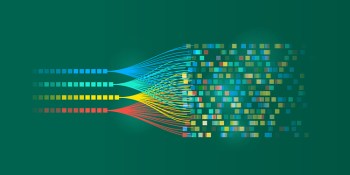

The deep learning ‘revolution’ endures 10 years on, says AI pioneers Hinton, LeCun, Li

Korea’s Naver joins generative AI race with HyperCLOVA X large language model

test branding

VB Spotlight
Test

test

New test

Testing again

testing

AI test

test vf no image again

test vf no image

Test vf image

test vf broadcast

try vf again

No loop test

try async

Test vf 100 times

try vf again

test vf again

vf test broadcast

testing vf broadcast

Test vf

Testing vf broadcast

Test article

Partner Content
Recruit’s tech platforms are reimagining the hiring process

Testing post

Guest
Workflow test post

Test Post

Analysis
Testing River: Which BI apps do enterprise users most admire?

test

Provizio raises $6.2 million to develop AI that reduces automotive fatalities

Researchers find flaws in algorithm used to identify atypical medication orders

Californians reject Prop 25 push to replace cash bail with algorithms

Google launches Document AI suite of parsing and processing tools in preview

MIT CSAIL researchers claim their algorithm helps doctors pick the right antibiotics

Researchers develop AI that solves a matrix-based visual cognitive test

